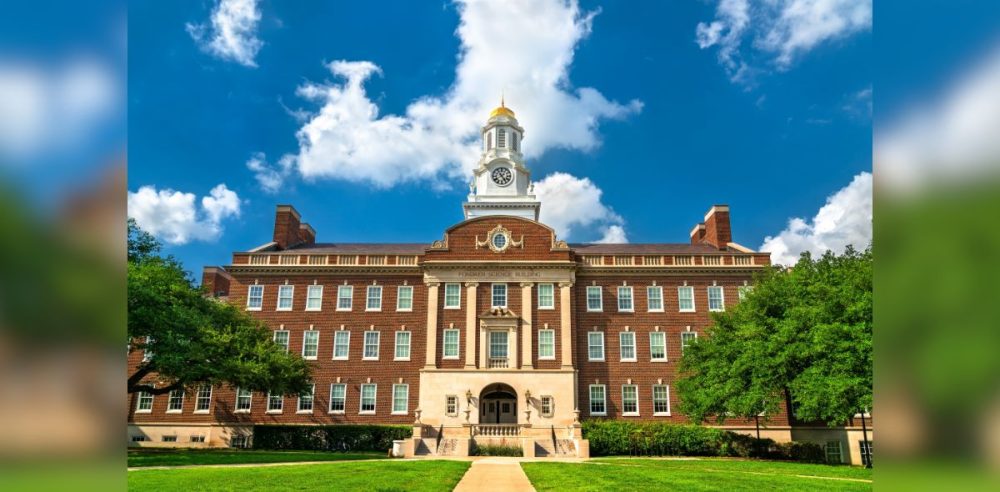A long-running legal battle between Southern Methodist University (SMU) and the United Methodist Church over the university’s independence is now headed to the Texas Supreme Court.
The state’s highest court will hear arguments on January 15 in a case that has sparked widespread attention across both academia and connected religious communities.
At the heart of the dispute is SMU’s 2019 decision to update its articles of incorporation, effectively asserting control over the university’s governance by its board of trustees, independent from the authority of the United Methodist Church, as previously reported by The Dallas Express.
This move was triggered by a series of votes within the church, notably a 2019 decision to uphold a ban on LGBTQ+ clergy and same-sex weddings. The decision has led to an ongoing schism within the church, fueling debate over its stance on LGBTQ+ rights and raising questions about the future of church-affiliated institutions like SMU, according to a report from The Texas Tribune.
The university’s shift came during a profound division in the broader Methodist church. In the wake of the 2019 decision, many churches, including thousands of conservative congregations, split off to form the Global Methodist Church, considered a more traditionalist denomination.
However, SMU, affiliated with the United Methodist Church since its founding in 1911, moved quickly to assert its autonomy.
SMU President R. Gerald Turner explained at the time that the university’s decision was about ensuring the school could remain inclusive. He also expressed concern that the Perkins School of Theology, a key part of SMU’s academic offerings, might be limited if it were only associated with one sect of Methodism, reported the Tribune.
In response, the United Methodist Church’s South Central Jurisdiction (SCJC), which oversees the region that includes Texas, filed a lawsuit against SMU, arguing that the university lacked the authority to amend its articles of incorporation. According to church officials, the Methodist Church had founded SMU and, therefore, retained certain rights over the school’s governance.
In its original suit, the church argued that SMU’s trustees had no legal right to alter the university’s founding documents without SCJC’s approval.
In 2021, a district court sided with SMU, ruling that the university could amend its articles without the church’s consent. But in 2023, a Texas appellate court reversed that decision, affirming the church’s claim that it maintained a degree of ownership over SMU.
The case is now poised for a showdown in the Texas Supreme Court, where justices will determine whether SMU can cut ties with its founding church or if the church maintains control over the university’s future.
While the legal implications could be significant for the university and church, the lawsuit also carries social and cultural weight.
Some see SMU’s stance as a sign of shifting attitudes toward LGBTQ+ inclusion by many churches or religious groups. The university’s lawyers have argued that the board’s actions aligned with its duty to preserve the school’s mission of “inclusivity.”
Meanwhile, church officials have not yet responded publicly to recent calls for comment on the case.


